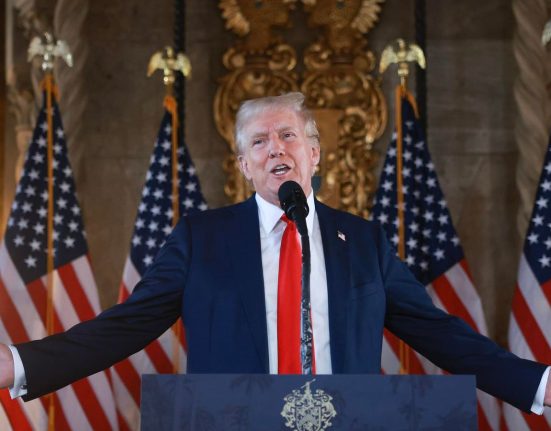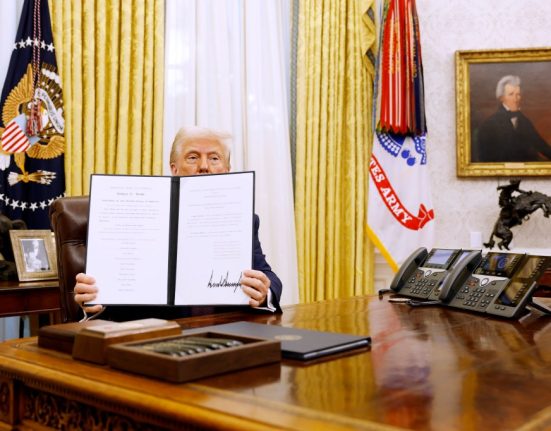74
In a landmark move for the digital financial sector, the Republican-controlled U.S. House passed three major cryptocurrency bills on July 17, 2025, aimed at establishing a structured regulatory framework and asserting U.S. leadership in crypto innovation. These bills now head to President Donald Trump’s desk for final approval.
.@GOPMajorityWhip Tom Emmer after House passes three cryptocurrency bills: “President Trump promised to make America the crypto capital of the world, and today, we delivered.” pic.twitter.com/KlwP1hLzN2
— CSPAN (@cspan) July 17, 2025
1. GENIUS Act: Regulating Stablecoins
The GENIUS Act (Guiding the Evolution of New Innovations in the U.S.) lays the groundwork for regulating stablecoins – digital tokens backed by real-world assets like the U.S. dollar. The bill introduces industry standards and consumer protection measures that aim to integrate stablecoins into mainstream financial systems.
The bill passed the House with bipartisan support (308–122) after earlier approval in the Senate. Supporters argue it offers much-needed legal clarity and safeguards while helping the U.S. compete globally in financial technology.
2. Clarity Act: Defining Digital Assets
The Clarity Act seeks to determine whether a cryptocurrency qualifies as a security or commodity, thereby clarifying which federal agency -SEC or CFTC- has jurisdiction over each.
This act directly addresses regulatory confusion that has long plagued the crypto industry and investors. The House passed it on July 17, and it now awaits Senate consideration. Advocates claim it will enhance transparency and allow innovators to operate with confidence under a defined legal framework.
3. CBDC Anti-Surveillance Bill
This bill aims to prohibit the Federal Reserve from issuing a Central Bank Digital Currency (CBDC). It reflects growing concern among Republicans over privacy risks tied to government-controlled digital money.
Passed strictly along party lines (219–210), this legislation seeks to prevent federal overreach and protect citizens from financial surveillance. GOP lawmakers insist any CBDC plan should be debated openly by Congress, not unilaterally created by the Fed.
Industry Reactions and Political Divide
While Republicans largely supported the crypto bills, some Senate Democrats raised alarms over President Trump’s close financial ties to crypto ventures. Senator Elizabeth Warren criticized the GENIUS Act, calling it a catalyst for Trump-linked financial interests, including his firm’s USD1 stablecoin and the $57 million gained from his platform, World Liberty Financial.
Despite the political tensions, proponents like Rep. Tom Emmer and Rep. Bryan Steil called this legislation a “historic opportunity” to ensure the U.S. leads in the global digital asset economy.







